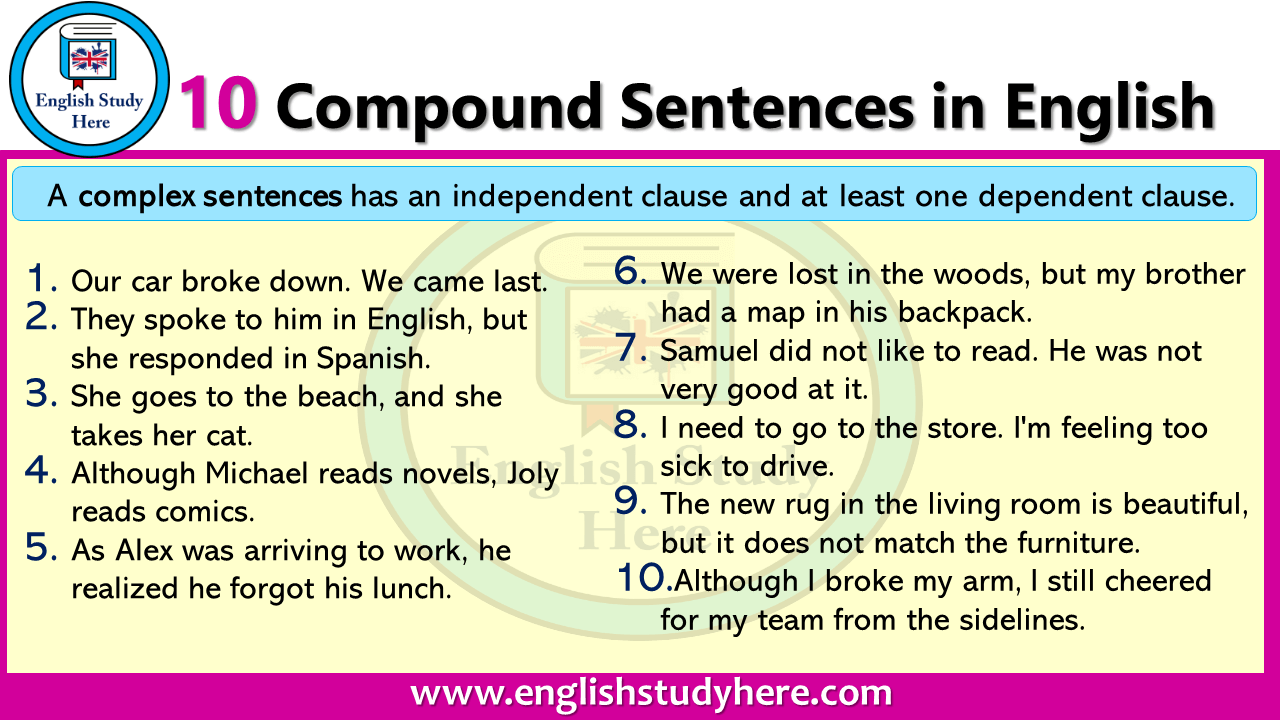Here, the underlined portion is the independent clause that can stand alone. Such a clause is called a dependent clause or subordinate clause. (dia berasumsi bahwa semua orang sepakat dengannya.) keterangan: However, it cannot stand alone as a complete thought. Soal noun clause soal adjective clause soal adverbial clause:

The italicized words, "what you said.
Become comfortable with the concept by reading through this helpful guide! Who, why, whom, what, that, whether, how, when, whoever, where, and. In addition, it can also function as a subject, direct object, preposition, or an appositive. She assumed that everyone agreed with her. A subordinate clause can act as an adjective, a noun or an adverb in a sentence. Noun clause berfungsi sebagai noun. Here are some words that can be used to introduce a noun clause: Noun clauses can function as subjects, objects, or complements. Although we are getting older, we grow more beautiful each day. A subordinate clause that acts as a noun in a sentence is called a noun. The italicized words, "what you said. The first way is using question word conjunctions (e.g. Language unit that occurs before or after (or sometimes within) the root or stem of a word e.g.
Such a clause is called a dependent clause or subordinate clause. Adjective clauses, which describe nouns; Noun clause merupakan direct object dari verb "assumed". A subordinate clause can act as an adjective, a noun or an adverb in a sentence. Or noun clauses, which act as the subject or the object of a clause and usually begin with words like what, why, who, and that.

Scar, who was simba's jealous and wicked uncle, threatened to take over pride rock.
This type of dependent clause is used in two main ways. Adjective clauses, which describe nouns; Scar, who was simba's jealous and wicked uncle, threatened to take over pride rock. Adverbial clauses, which tell us why, when, how, or under which conditions something occurs in a sentence; Noun clauses can function as subjects, objects, or complements. However, it cannot stand alone as a complete thought. The dependent relative clause, who was simba's … 24.03.2016 · dependent clauses can be any of the following: (dia berasumsi bahwa semua orang sepakat dengannya.) keterangan: A noun clause may have you questioning your grammar knowledge. Language unit that occurs before or after (or sometimes within) the root or stem of a word e.g. Or noun clauses, which act as the subject or the object of a clause and usually begin with words like what, why, who, and that. Relative clauses are dependent clauses that modify or give more information about a noun in the independent clause.
Adverbial clauses, which tell us why, when, how, or under which conditions something occurs in a sentence; 12.06.2021 · dependent clauses add meaning to independent clauses in a variety of ways by acting like adjectives, adverbs, or nouns. A noun clause is a dependent clause that acts as a noun. Where, what, when) or if and whether to create implicit questions. A subordinate clause can act as an adjective, a noun or an adverb in a sentence.

This page has lots of examples of noun clauses and an interactive exercise.
A subordinate clause can act as an adjective, a noun or an adverb in a sentence. This page has lots of examples of noun clauses and an interactive exercise. This type of dependent clause is used in two main ways. (dia berasumsi bahwa semua orang sepakat dengannya.) keterangan: It can basically be a name of a person, place, idea, or thing. Become comfortable with the concept by reading through this helpful guide! Language unit that occurs before or after (or sometimes within) the root or stem of a word e.g. It is therefore a dependent clause, also known as a subordinate clause. Adjective clauses, which describe nouns; A noun clause is a clause that functions as a noun. Dependent clause that acts like an adverb and indicates such things as time, place or reason e.g: A noun clause is a type of dependent clause that acts as a noun in the sentence. Noun clauses can function as subjects, objects, or complements.
What Is A Dependent Noun Clause : Relative clauses - online presentation / Although we are getting older, we grow more beautiful each day.. Such a clause is called a dependent clause or subordinate clause. I remember what you said yesterday. Here are some words that can be used to introduce a noun clause: A subordinate clause that acts as a noun in a sentence is called a noun. Who, why, whom, what, that, whether, how, when, whoever, where, and.
A noun clause is a dependent clause that acts as a noun what is a noun clause. Or noun clauses, which act as the subject or the object of a clause and usually begin with words like what, why, who, and that.